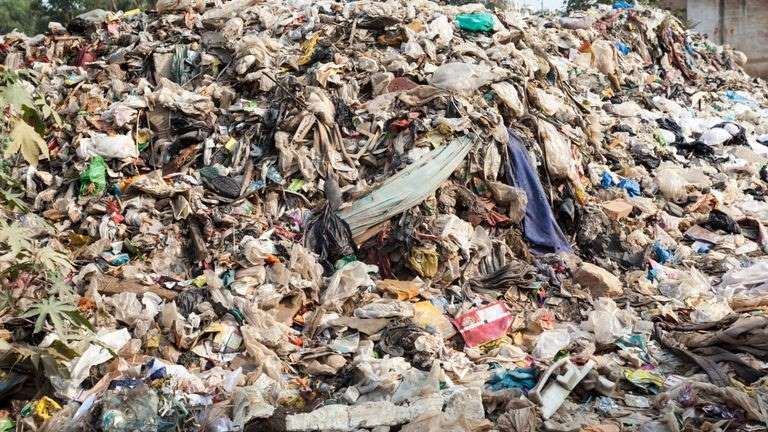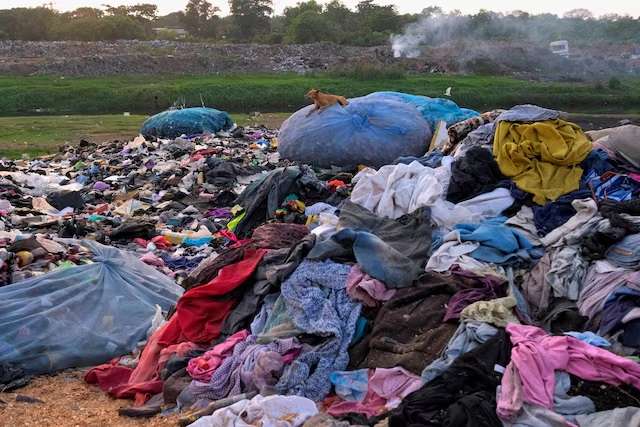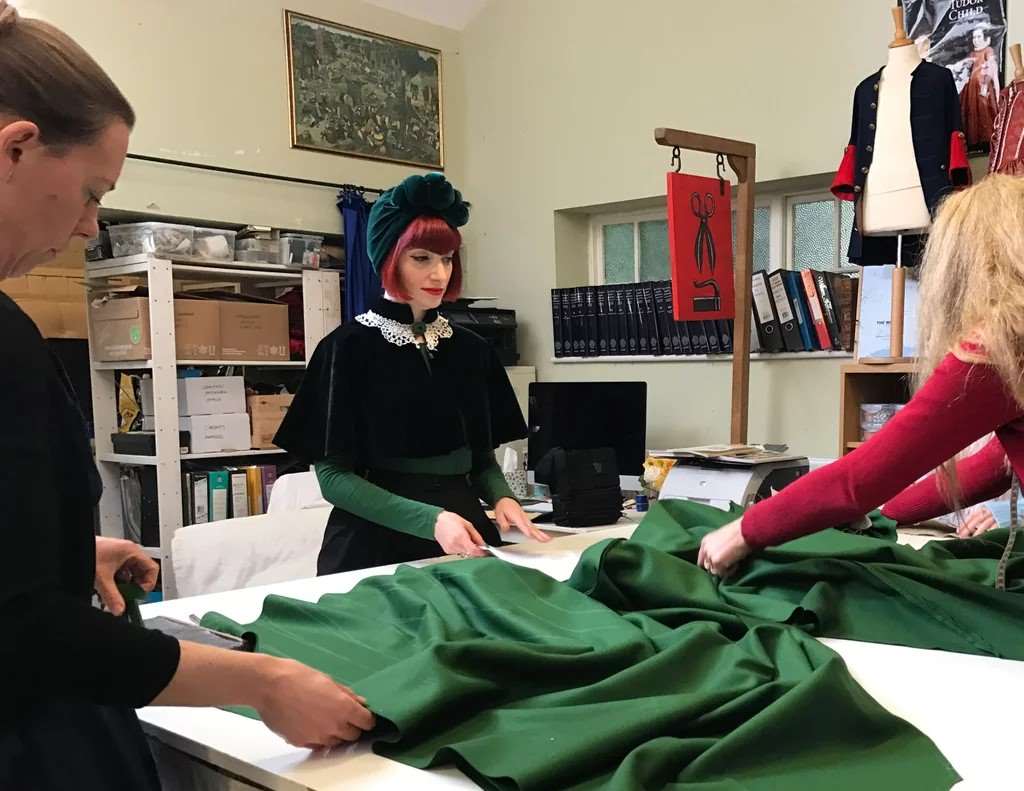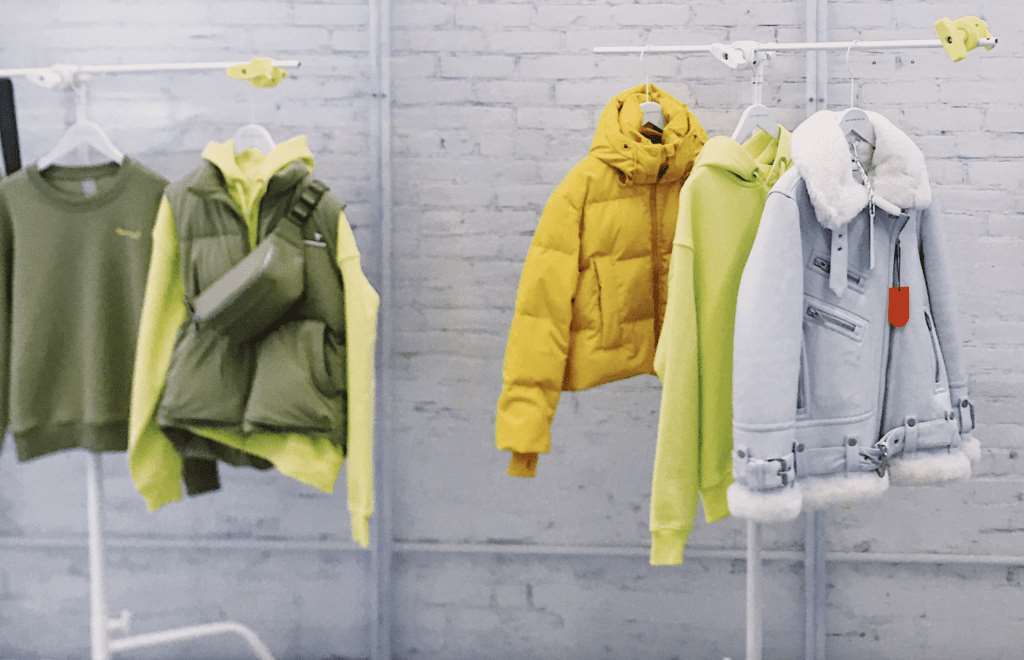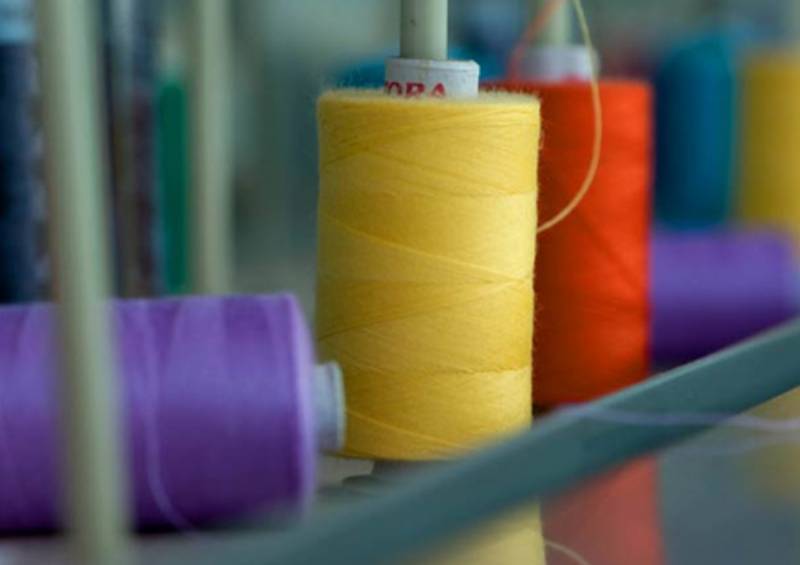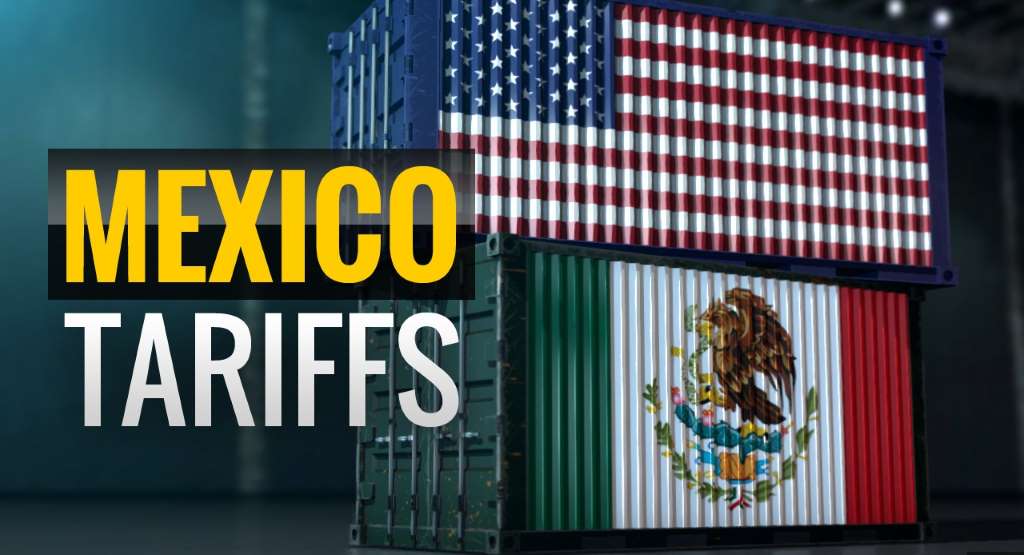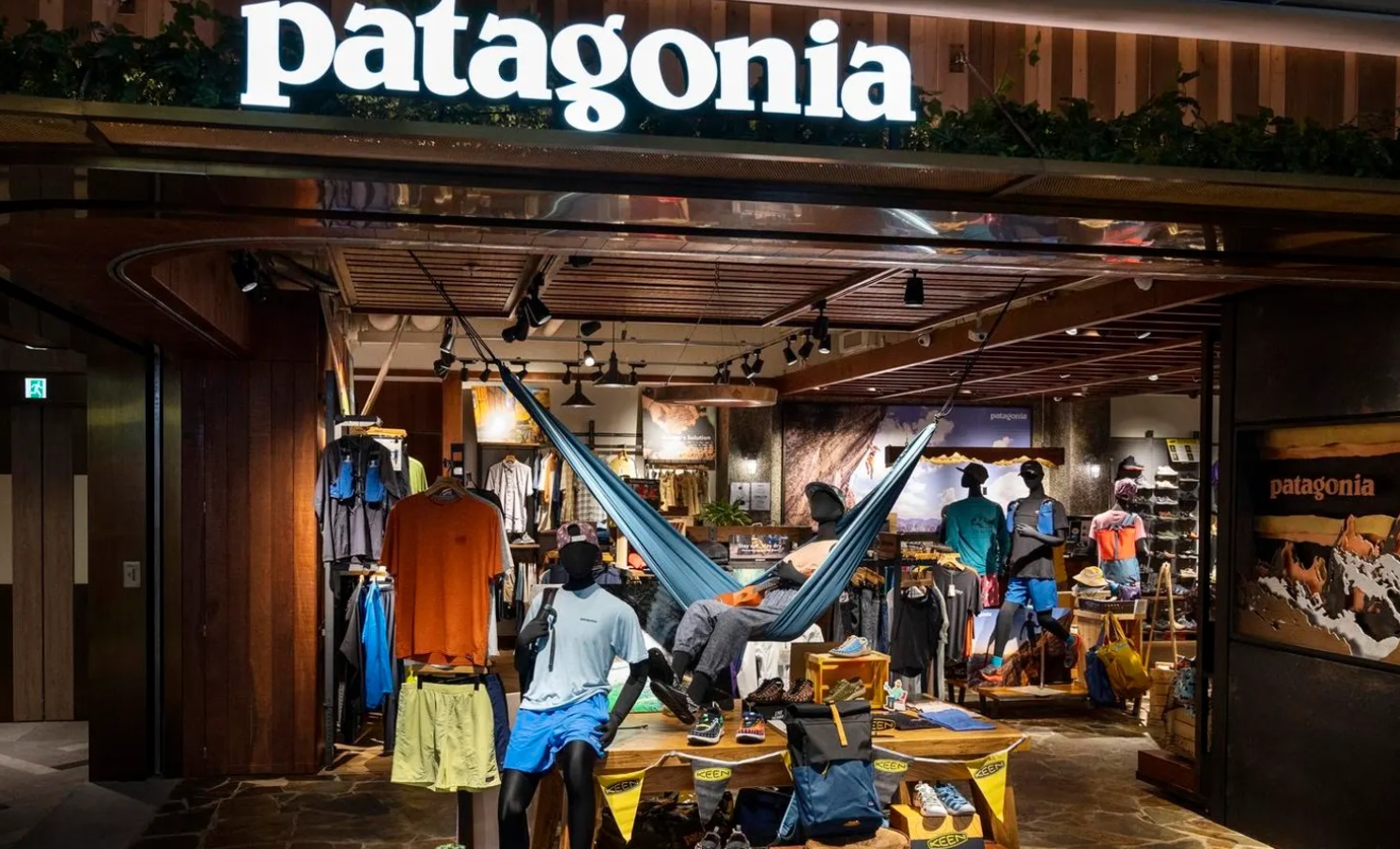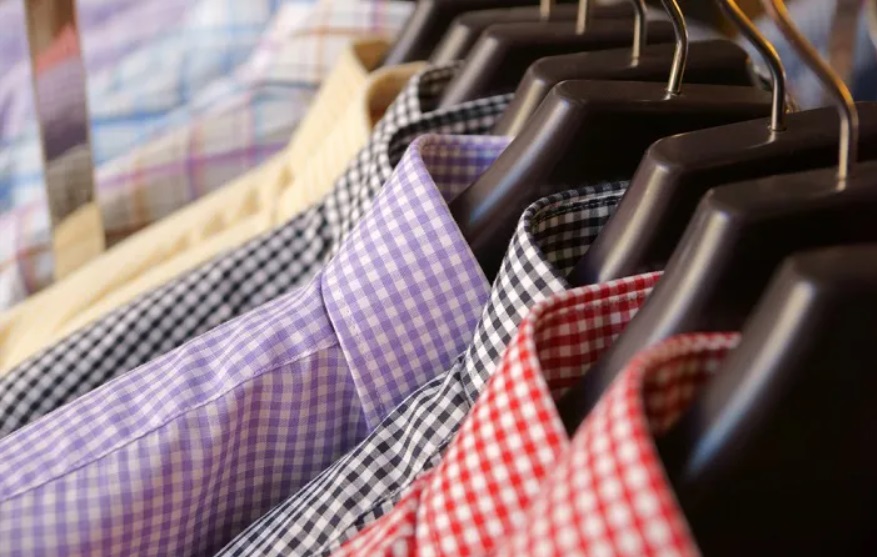FW
Italy-based Itema a provider of advanced weaving solutions, including best-in-class weaving machines, spare parts and integrated services, has seen its revenue go up by 25 per cent year on year. Consolidated net profit and cash flow from operations significantly exceeded expectations, with EBT up 30 per cent year on year. Consolidated net turnover from sales of weaving machines registered a 50 per cent increase from the previous year.
Itema, widened its global reach by shipping its weaving machines to 40 countries last year (compared to 39 countries in 2012). Especially remarkable contribution came from the new rapier R9500 which, at just one year from market launch, represented already one-third of the total turnover from weaving machines.
The spare parts business unit was recently restructured to devise and implement a new strategy, which has already started bringing in encouraging results. In 2013, the company implemented a wide range of restructuring and process improvement measures, such as continuing on the path of lean manufacturing across its production facilities, increasing the ability of the company to quickly respond to growing market demands for its products.
Itema started the first quarter of 2014 on a positive note and in line with the strong growth experienced in the same period last year. Nevertheless, the outlook for the rest of 2014 remains cautious.
www.itemagroup.com/
The US textile industry is reviving, especially knitting and hosiery. The industry generated 54 billion dollars (over Rs 3,00,000 crores) in shipments in 2012 and employed about 2,33,000 people. Business is on the upswing as southern states, in particular, are wooing textile companies with tax breaks, reliable utilities, modern ports and airports and a dependable, trained and nonunion workforce. After years of buying fabric from factories in Asia, some American brands have begun sourcing materials from textile companies in the United States.
The US textile industry is one of the more important employers in the manufacturing sector. It represents two per cent of the US manufacturing workforce. Textile industry workers in the US are highly skilled and the industry is technologically advanced, with investments upward of 1.4 billion dollars (over Rs 8,000 crores) annually in total capital expenditures. In recent years, US textile companies have focused on retooling their businesses, finding more effective work processes, investing in niche products and markets, and controlling costs.
The industry is globally competitive, ranking third in global export value behind the European Union and China. US exports of textiles increased by 14 per cent between 2010 and 2011. More than 80 per cent of US textile exports go to its free trade agreement partner countries.
The Dhaka International Textile and Garment Machinery Exhibition (DTG 2014) has opened its doors today and will last till February 15, 2014. This is the largest gathering for textile and garment manufacturers in Bangladesh.
The event offers an ideal platform to demonstrate new products and technologies, as well as networking opportunities with manufacturers, traders and buyers. DTG also helps in bringing in foreign investment and provides a diverse and driving force to production and economic growth of Bangladesh. The event has become a hub for the textile and garment related industries in South Asia every year.
At the last event, nearly 850 exhibitors participated with 1,050 booths showcasing state of the art machinery and technologies. It attracted more than 30,830 international and local visitors. The participating countries included Australia, China, Hong Kong, India, Pakistan, Sri Lanka, Turkey, UK and USA. The categories of exhibits included spinning, weaving, knitting, dyeing, printing, finishing, sewing, iron & hanger system, CAD/CAM, testing and other related machinery, equipments and spare parts.
www.bangla-expo.com/DTG/
Freudenberg Nonwovens, one of the world’s largest producers of nonwovens, with 21 manufacturing and processing sites in 13 countries has spread its wings to Brazil. It is one of the group’s strategic growth markets Freudenberg is looking at gaining market share there. The company is commissioning a new manufacturing plant for Technical Products and Hygiene market segments, underlining the significance of the South American region.
The move will pave the way to harness further opportunities to increase profitability in the niche hygiene market segment and enhance sales. Also it will help in expanding the product portfolio with special solutions, such as printed or especially light, cotton like nonwovens. Freudenberg hopes to manufacture even better specialist hygiene products in the future by using tried and tested nonwovens technology.
The Freudenberg group is expanding its commitment to the automotive industry by commissioning a new production line for thermoplastic high performance components in Diadema.
Following the US, China and Japan, Brazil forms one of the largest automotive markets in the world. Experts expect an increase in vehicle production by 12 per cent to 3.8 million manufactured vehicles in 2014. Over the last few weeks, several automotive manufacturers have announced their intention to build new assembly plants there, and to serve the higher demand.
www.freudenberg.com/
Freudenberg Nonwovens, one of the world’s largest producers of nonwovens, with 21 manufacturing and processing sites in 13 countries has spread its wings to Brazil. It is one of the group’s strategic growth markets Freudenberg is looking at gaining market share there. The company is commissioning a new manufacturing plant for Technical Products and Hygiene market segments, underlining the significance of the South American region.
The move will pave the way to harness further opportunities to increase profitability in the niche hygiene market segment and enhance sales. Also it will help in expanding the product portfolio with special solutions, such as printed or especially light, cotton like nonwovens. Freudenberg hopes to manufacture even better specialist hygiene products in the future by using tried and tested nonwovens technology.
The Freudenberg group is expanding its commitment to the automotive industry by commissioning a new production line for thermoplastic high performance components in Diadema.
Following the US, China and Japan, Brazil forms one of the largest automotive markets in the world. Experts expect an increase in vehicle production by 12 per cent to 3.8 million manufactured vehicles in 2014. Over the last few weeks, several automotive manufacturers have announced their intention to build new assembly plants there, and to serve the higher demand.
www.freudenberg.com/
Delhi-based Anisha Impex has filed DRHP or Draft Red Herring Prospectus in the BSE SME platform for issuance of 65 million equity shares at Rs 10 each aggregating to Rs 6.5 crore. The net issue will constitute 37.49 per cent of the post issue paid up equity share capital of the company. Inventure Merchant has been appointed as a lead manager to the issue. Proceeds from the funds will be used to meet public issue expenses and augment its long term working capital needs.
The company incorporated in 1999 is engaged in the business of trading of multi product fabrics like fabrics for bedding, window dressing, decorative, pillows and accents, table linen, kitchen linen and other home furnishing fabrics.
It also participates in auctions carried out by authorised agents of customs and ports authorities to buy the confiscated textile materials. Its trading customers include Alps Industries, Argon Denims, BBD Traders and Nagar Handloom.
Currently, Anisha has a presence in Delhi- NCR and is planning to increase its scale of operations to other regions and expand its supply chain networks.
Yarn Expo Pavilion is a designated fiber and yarn exhibition area within Intertextile Shanghai Apparel Fabrics. The spring edition of the expo will be held in Shanghai from March 3 to 5, 2014. Nearly 180 yarn and fiber exhibitors will participate. The pavilion will feature the foremost yarn makers from mainland China, Hong Kong, India, Korea, Pakistan, Portugal, Singapore, Switzerland, Turkey and Uzbekistan. A wide variety of cotton yarns and innovative man-made fibers featuring advanced technology will be on display. Concurrent fringe activities including a ‘Trend Area’, a series of interactive seminars and fashion shows, will provide more insights into trends and market developments in the yarn industry.
The show has been relocated from Beijing to Shanghai this time. It will be held in the first half of March, which is the peak spring sourcing time in China. The change of date and venue offers more opportunities for exhibitors and visitors, and strengthens the fair as a leading platform in one of the world’s fastest growing marketplaces for fibers and yarns.
During the first 11 months of 2013, China imported 1.93 million tons of cotton yarn worth 6.27 billion dollars, up over 40 per cent from the previous year.
www.messefrankfurt.com/.../yarn-expo-pavilion--early-march-show-date...
Lativia-based fabric manufacturer, Lauma Fabrics has acquired 100 per cent shares in the German textile company Elastic Textile Europe. The aim is to find new clients in western markets. Lauma is a leading manufacturer of lace, elastic knitted fabric and ribbons in Europe. Its key markets are Belarus, Baltic countries, Ukraine, Poland, Russia, France. But the firm now hopes to attract new clients in western markets through the latest purchase and obtain knowhow and additional production capacities. In addition, the acquisition will strengthen Lauma’s position in the CIS countries.
Elastic Textile is a leading manufacturer of flexible fabrics, lace and innovative products for laundry, bath textiles as well as sportswear and technical textiles. Elastic specialises in rich, soft and modern fabrics used for the making of shaping underwear. The company supplies its Elastic brand products to leading producers of lingerie in Europe.
Lauma and Elastic will establish an integrated strategy to develop a modern and innovative production that is able to offer clients original products of high quality at competitive prices. The combine would retain production of goods manufactured by the German textile firm in addition it would also be manufacturing high value-added textile goods as well as Lauma Fabrics products.
www.laumafabrics.com/en
The International Home Textiles and Furnishings Fair will be held at the Hong Kong Convention and Exhibition Centre from April 20 to 23, 2014. The three-day exhibition will showcase a wide range of bedroom, bathroom and kitchen textiles, carpet and floor coverings, upholstery and furnishing products as well as curtains and window fashion accessories. It is a specialist trade platform giving exhibitors and buyers of home textiles immediate access to markets in Asia and beyond.
The fifth edition of the fair is expected to attract over 220 exhibitors from six countries. Besides Chinese and Indian manufacturers, who are well known for their high quality textiles, the fair will also feature exhibitors from the Czech Republic and Taiwan. The fair is structured to include a number of themed sections. Hall of Glamour will feature home furnishing and household textile products, covering towels, bedding, curtains and carpets. Window Fashion & Accessories Zone will feature woven, readymade curtains, blinds and accessories for functional and decorative purposes. Other zones are: Baby & Bedroom Textiles, Bathroom & Kitchen Textiles, Carpet & Floor Coverings and Upholstery & Furnishing Products. The Hong Kong Houseware Fair will run concurrently. This is a comprehensive spectrum of household-related products and textiles which will be showcased for one-stop sourcing ease.
www.hktdc.com/fair/hkhometextilesfair.../HKTDC-Hong-Kong-Internati...
For the past three years, China was importing world's surplus cotton while its own production entered the reserves. Exporters were able to unload their surplus in China as the world's largest country imported nearly 56 million bales. China, in effect, was absorbing extra supplies from the world market, thus supporting global prices.
For the 2014 marketing year, that dynamic seems to be changing. China now plans to stop building cotton reserves. China's stocks are projected to remain stable and increase in world stocks will occur in other countries. China’s import quotas are expected to be more or less the same, but quantities above the required tariff-rate quota are expected to be less than in recent years. The changes in the cotton policy may alleviate some of the pressure on China's textile mills and provide more competitively priced fiber. As a result, mill use in China may see a modest growth to 36.4 million bales, leaving a 6.3 million bale differential with production.
China's cotton production is estimated to fall to 30.1 million bales, down from 33 million bales in 2013. Smaller imports by China and increased stocks outside of China imply that the US faces very competitive markets for its cotton. The US annually exports more than 70 per cent of its cotton production.

